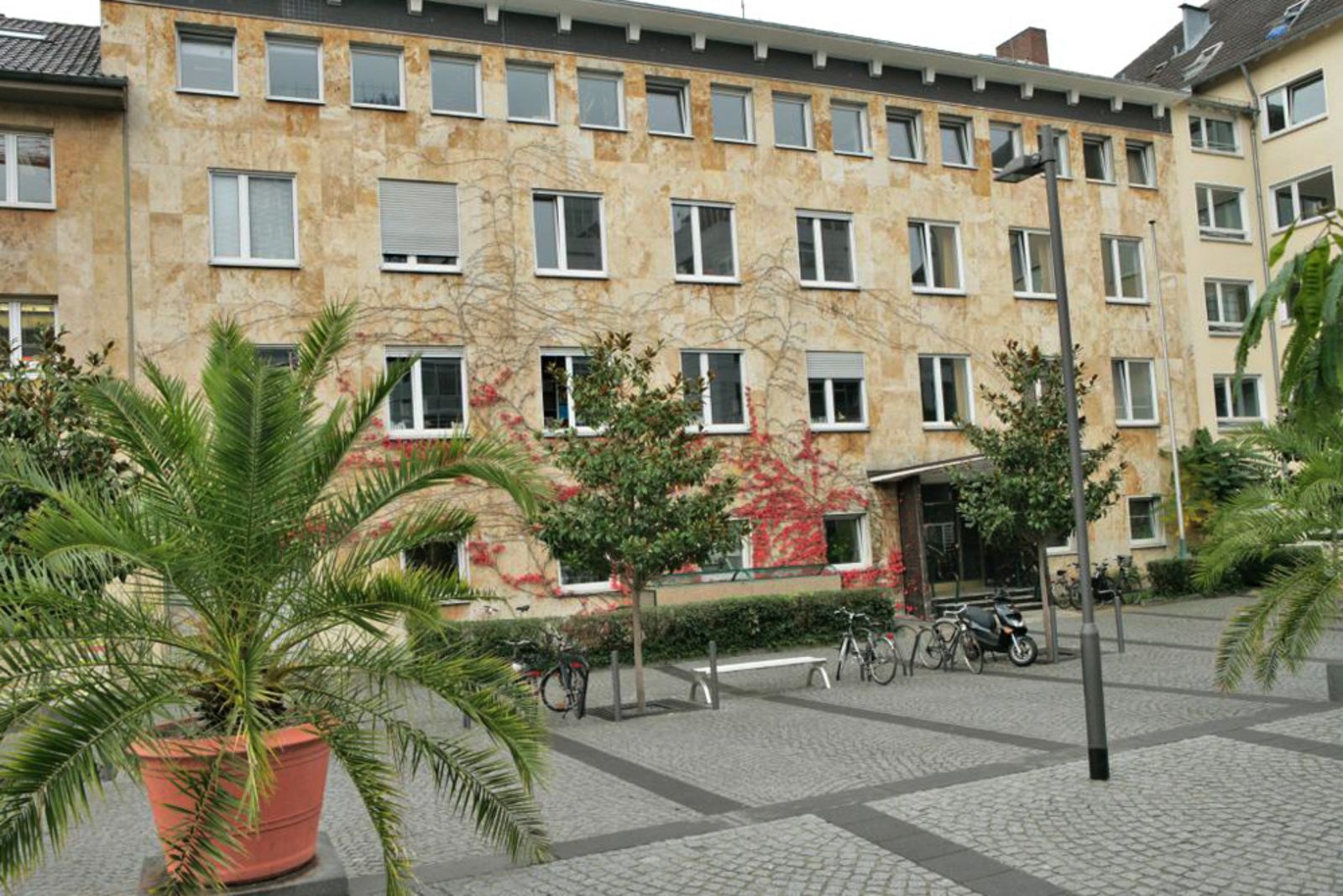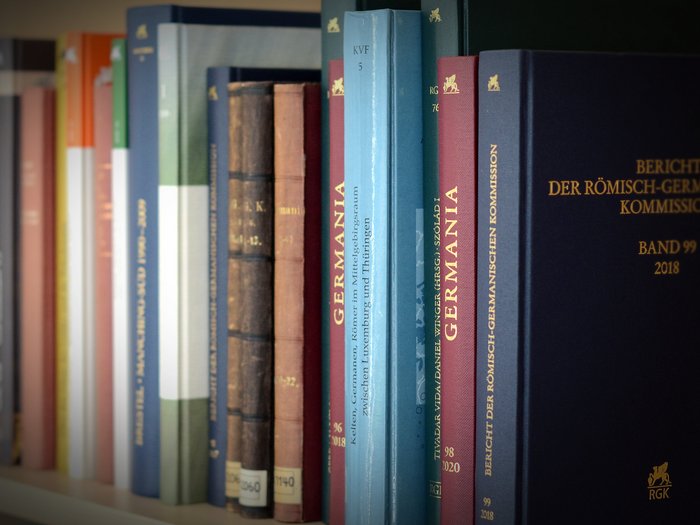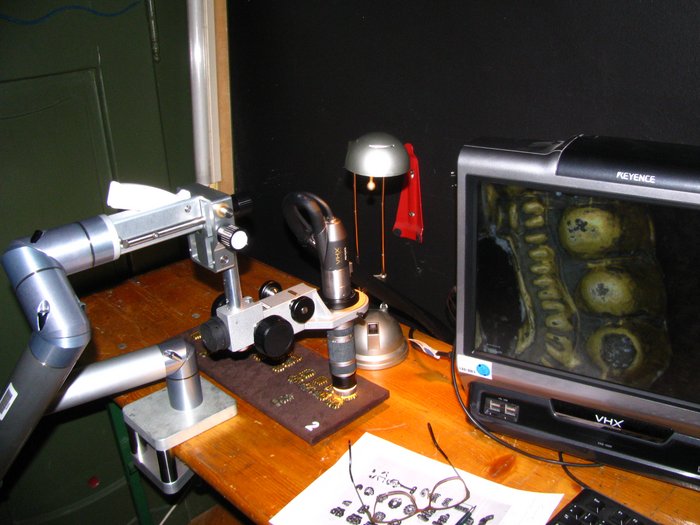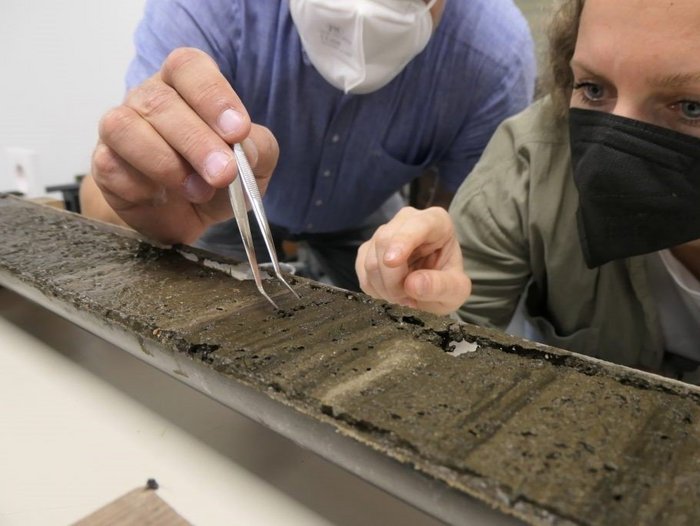Organisation
The RGK: archaeological research and networking across countries and borders, with its traditional headquarters in the Rhine-Main region of Germany.
About us
The Roman-Germanic Commission (Römisch-Germanische Kommission, RGK) at Frankfurt Main has been dedicated since 1902 to the archaeological exploration of Europe's pre- and early history and provincial Roman archaeology. It thus focusses on a period lasting from the Neolithic to the late antiquity. The study area spans from North-western to South-eastern Europe. The RGK's puts an accent on transnational archaeological research and cooperation. Next to developing prospection and excavation methods as well integrating novel approaches in the natural, social, and cultural sciences, the RGK furthermore takes much interest in the history of science and the digital humanities. Moreover, special attention is devoted to networking prehistoric and provincial Roman research in Europe as well as research by state-funded, academic and non-academic institutions in Germany.
How We Are organised
Particularly the library, one of the most extensive of its kind in Europe acting as an important meeting place, and the editorial staff which is in charge of the dissemination of two journals and several series, contribute to the RGK's transnational networking of archaeological research. The guest house is open to colleagues and especially young scholars from Germany and abroad for study visits to the library. The archive, which is accessible for external research, not only keeps documents or correspondence from its own work and projects, but also ones from legacies of notable German archaeologists and the so-called Limesarchiv, which holds the original documents of the Reichs-Limeskommission, the RGK's predecessor institution. The RGK also comprises a department of prospection and excavation methodology (Referat für Prospektions- und Grabungsmethodik, RefPGM) that not only supervises and accompanies the institute's fieldwork activities, but furthermore develops minimally invasive research approaches for work in the field. The role of attendant laboratory is to carry out investigations and analyses of objects and materials as well as on collected soil samples and drill cores.
In addition to its headquarters located south of Frankfurt's Palmengarten, the RGK holds another property in the city's Westend that houses the department of prospection and excavation methodology (RefPGM), its laboratory, archive, and guest rooms. The RGK furthermore operates a research centre inside the premises of the archaeological institute at the humanities research centre of Budapest which upholds the RGK's activities of the in Eastern, Central, and South-eastern Europe.
Working in a Team
Other than its two directors, the RGK permanently employs five researchers and two post-doctoral researchers. All are involved in tasks related to both research and services in the key areas of the scholarly infrastructure. They are seconded by the administration, the secretariat, the editorial office, and the staff at the library as well as the annex departments. The RGK supports young doctoral candidates in a set of qualification positions within the central areas of infrastructure and services and the institute's research activities. Numerous student assistants maintain close contact with the universities throughout the Rhine-Main district.
The scientific advisory board, the so-called Kommission, consults the RGK in word and deed and thus warrants for its scholarly quality. Its members are (inter)national colleagues from universities, monument conservation organisms, museums, and other research bodies that match with the relevant concerns of the RGK.
The RGK and its staff are active in numerous committees, e.g. that of excavation technology (Kommission Grabungstechnik) run by the German association of state archaeologists (Verband der Landesarchäologen in Deutschland). The final examinations for certified excavation technicians (f/m/d), for instance, take place at the RGK in Frankfurt.
The work of the RGK is generously supported by its association Freunde der Archäologie in Europa e. V. The range of activities in and around this association have been at the centre of a close exchange between the RGK's specialist staff and the interested public.




